Technology is turning the human urge to consume information into an unhealthy addiction. Some of this consumption — reading, following the news, exposing ourselves to culture — has obvious merits; I’d have no trouble downloading the entire works of Shakespeare in the time it would have taken someone ten years ago to find their keys before setting off to a bookshop. But with so much around us to consume we seem to have lost the ability to make things ourselves. How can we be creative when every waking moment is spent trying to keep up with the feeds, updates and new releases volleyed at us from all sides?
Take, for example, the iPad, that pinnacle of consumption, that manages to fit TV, record store and library into a retina display and a single button. But have you ever tried using it to make something? If you have thinner-than-average fingers and a good deal of patience, you might just manage to type out a short story or record a passable video of your cat falling off a piano; but you’ll quickly realise it’s a device that’s been painstakingly engineered to ensure that your favourite TV show is never more than five seconds away, rather than to serve any creative purpose. Consumerism, in its most literal sense, has won, and the iPad is its flagship product.
It’s this sidelining of making things that the latest government-backed educational campaign Make Things Do Stuff is trying to redress. It has teamed up with Mozilla, Nesta and the Nominet Trust to encourage kids to use technology to create things, presenting computer programming as a creative tool. At its recent launch, a group of schoolchildren, overseen by George Osborne, were shown how to make music videos, design websites and even to fashion a working synthesiser out of fruit. Of course, you can see why the Chancellor backs teaching kids to code: the internet economy now accounts for 8 per cent of GDP, and is growing.
Unfortunately, today’s IT education in the UK consists mainly of giving students top grades for successfully opening Microsoft Word. It’s like training them for a trip to the Eighties. As the Chancellor said, we should be teaching kids how to make programs like Word, not how to use them.
The government is putting its mandate where its mouth is, promising to introduce computer programming to the national curriculum in 2014. Now that our lives are effectively governed by Google’s algorithms, this is a resoundingly good idea. A modern education system that ignores coding is like a history of music that leaves out the black notes.
In fact, the overriding message of Make Things Do Stuff is focused outside the classroom, on what the organisers call a ‘grassroots’ movement. And you can’t help feeling that this is one area where the Big Society — government lending its support but ultimately leaving the execution to people and organisations who are better qualified — might genuinely work. We don’t yet have schoolteachers capable of teaching this stuff.
Because Mark Zuckerberg et al. are only just starting to bring programming into the public consciousness, it’s tempting to think that encouraging ‘digital making’ is a new idea, a modern initiative born of a society slowly waking up to the possibilities behind our screens. But from endlessly sifting through Lego to building tree houses, children have always made things — it’s what they do. Preserving the great childhood tradition of making is not easy when you’re surrounded by technology as seamlessly and effortlessly omnipotent as the contraptions dreamed up by Steve Jobs; these devices and apps work so perfectly that it’s easy to forget that they had to be assembled piece by piece. And without that window into the creation of the technology we use, kids won’t realise that they could be making it themselves.
The post Create your own culture appeared first on The Spectator.
Got something to add? Join the discussion and comment below.
Get 10 issues for just $10
Subscribe to The Spectator Australia today for the next 10 magazine issues, plus full online access, for just $10.

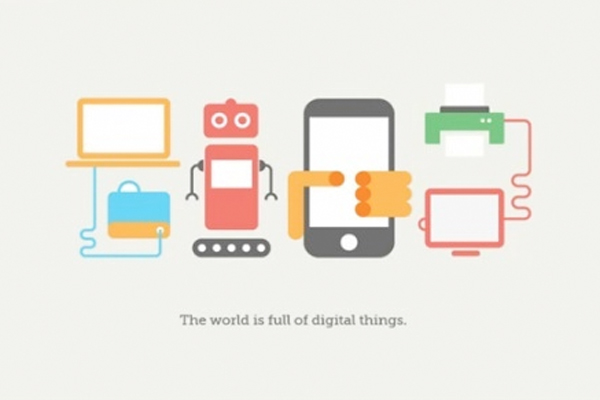
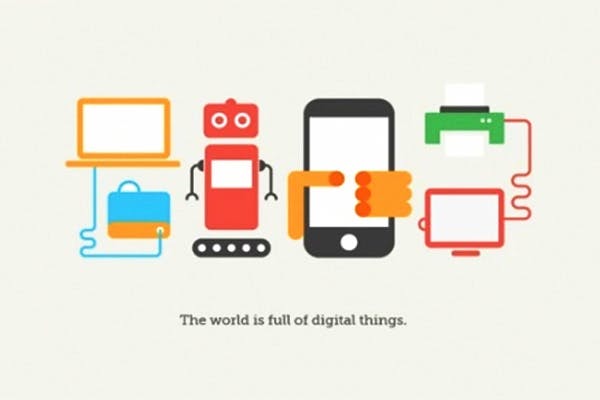
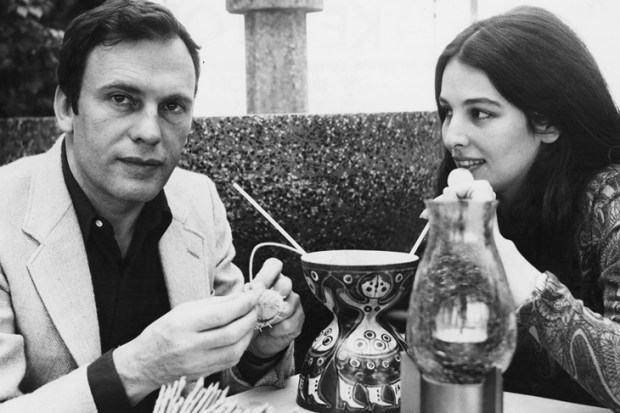

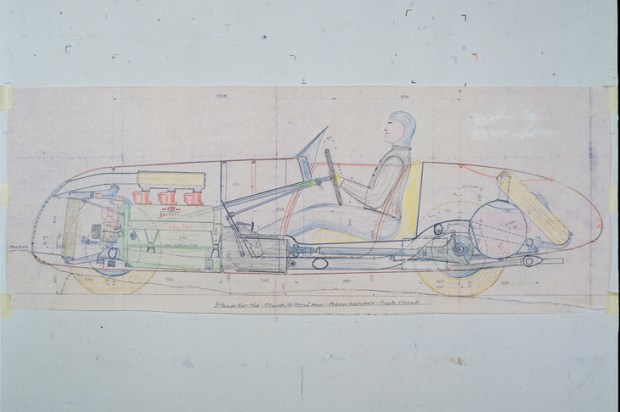
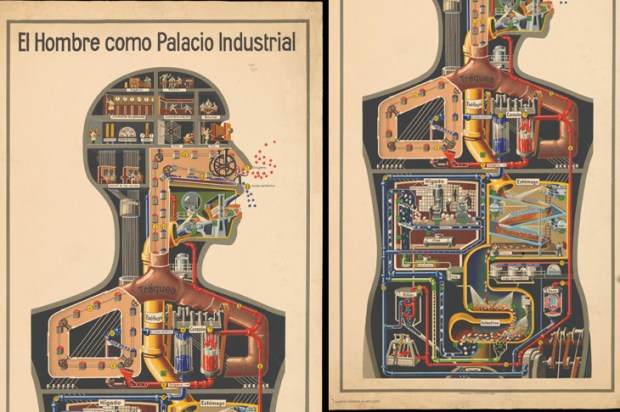
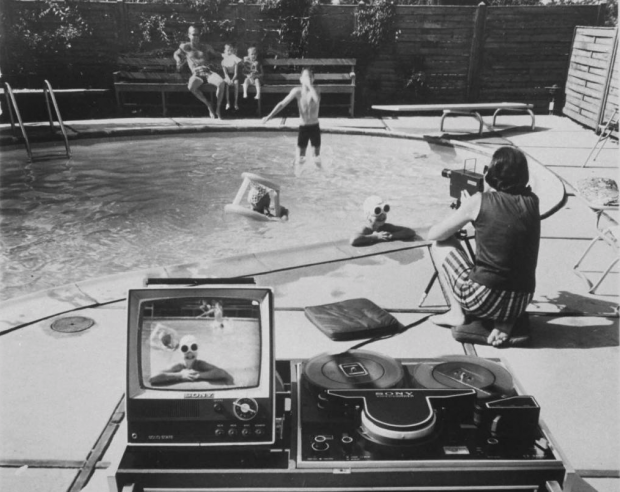






Comments
Don't miss out
Join the conversation with other Spectator Australia readers. Subscribe to leave a comment.
SUBSCRIBEAlready a subscriber? Log in